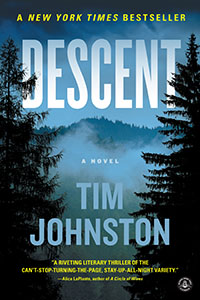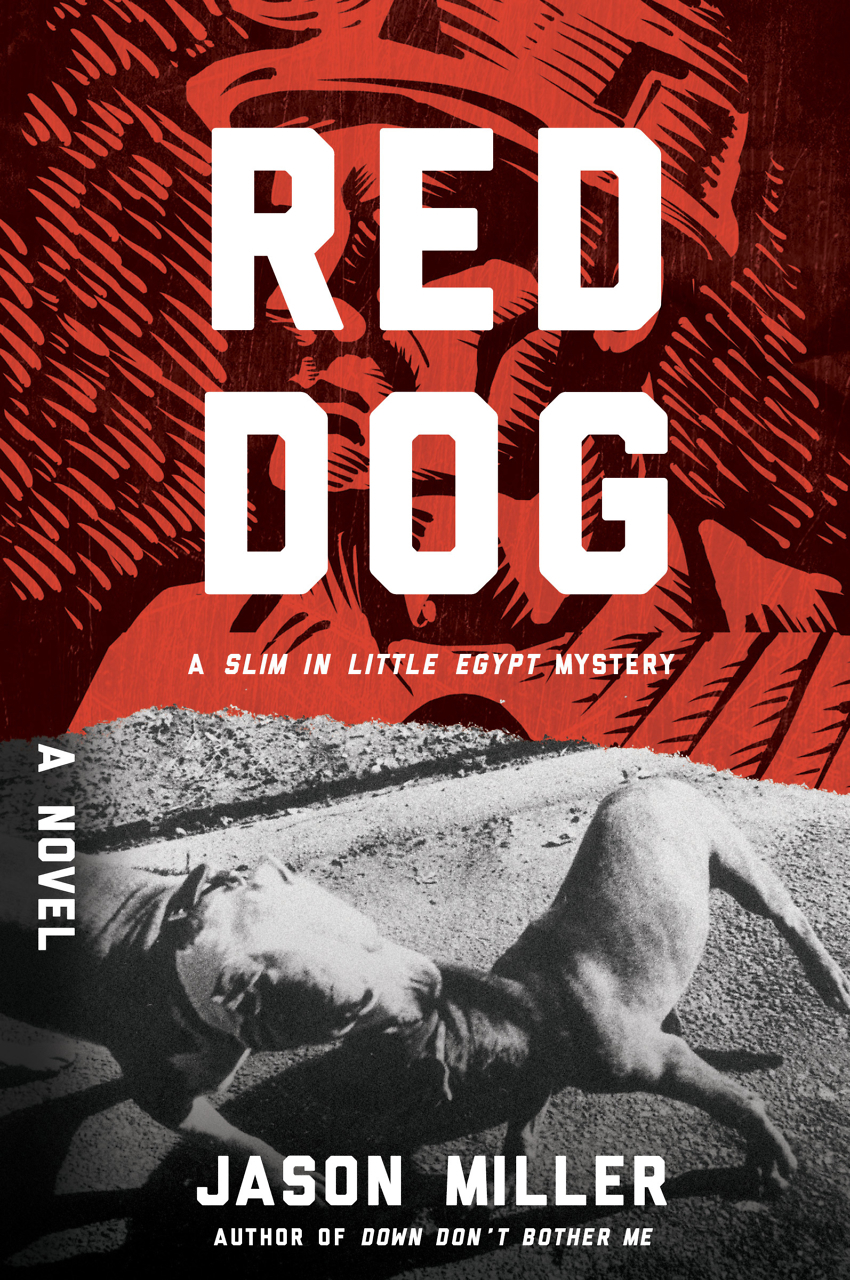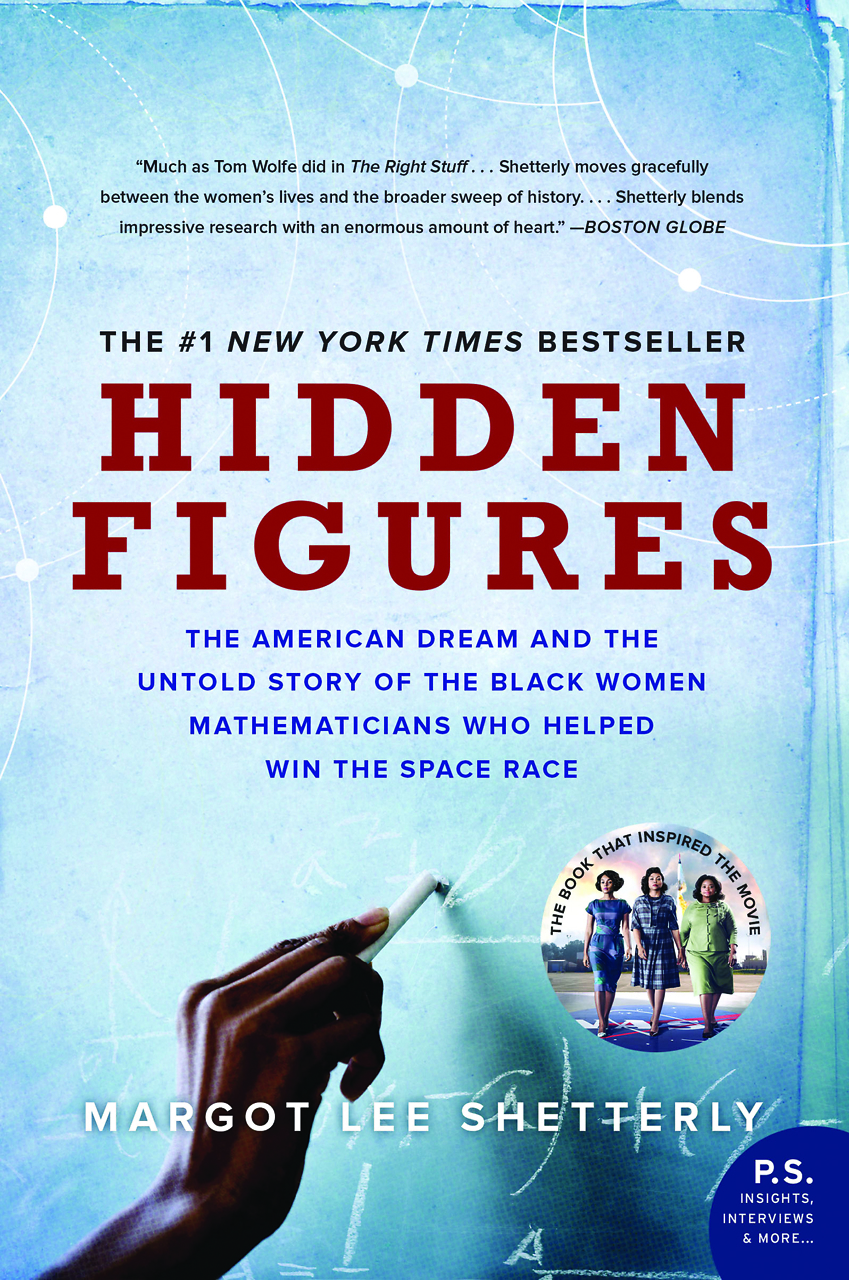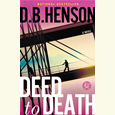Down the Mountain, Into Despair
In Tim Johnston’s second novel, a Wisconsin family shatters when their college-bound daughter disappears
Tim Johnston teaches in the creative-writing program at the University of Memphis, but he didn’t expect his second novel, Descent, to hit The New York Times bestseller list when it was published in January. Fortunately, this has proven to be strong year for literary thrillers—along with books from writers like M.O. Walsh and David Joy, Descent merges lyrical prose and complex emotional development into a propulsive, page-turning mystery.
 The story opens with the Courtland family’s summer vacation to the Rocky Mountains. While there the daughter, Kaitlyn, goes missing while training for her freshman season on the track team at the University of Wisconsin. Her younger brother, Sean, is with her when she disappears on a mountain trail, but when he’s found unconscious and injured at the scene, he can’t remember what happened.
The story opens with the Courtland family’s summer vacation to the Rocky Mountains. While there the daughter, Kaitlyn, goes missing while training for her freshman season on the track team at the University of Wisconsin. Her younger brother, Sean, is with her when she disappears on a mountain trail, but when he’s found unconscious and injured at the scene, he can’t remember what happened.
Earlier this year, Johnston sat for an interview, and a text excerpt of the conversation follows below. Click here to listen to the full interview online or to download the podcast.
Chapter 16: Your first novel was marketed to young adults, and Descent features two teenage protagonists. What about adolescence do you find particularly interesting?
Tim Johnston: I think it’s the innocence, the grappling to find one’s way, that’s really interesting to me. The things that we sort of look back and laugh at now weren’t laughable then. And there were a lot more terrors in the world that had to do with just who we were and who we were becoming. I think we are always growing, but there’s no more volatile time than adolescence.
Chapter 16: When Kaitlyn and Sean are exploring the mountain, they find a little religious shrine. There’s a statue there that’s missing several fingers, and their father Grant is missing a couple of fingers, too. There are also other physical injuries in the story, especially to the legs and feet.
 Johnston: Yeah, I think amputation is kind of a theme in the story. When I thought of that Virgin Mary in the woods like that, it reminded me of this famous statue we have in the graveyard back in my hometown of Iowa City. It’s famously known as the Black Angel because it’s this bronze statue that has turned black from age and weather. She is missing two fingers and always has. It’s just this detail that’s always kind of fascinated local people: “Where did those fingers go? Did someone cut them off with a hacksaw?” So that kind of got transferred to the statue in my story, and to Grant in a way.
Johnston: Yeah, I think amputation is kind of a theme in the story. When I thought of that Virgin Mary in the woods like that, it reminded me of this famous statue we have in the graveyard back in my hometown of Iowa City. It’s famously known as the Black Angel because it’s this bronze statue that has turned black from age and weather. She is missing two fingers and always has. It’s just this detail that’s always kind of fascinated local people: “Where did those fingers go? Did someone cut them off with a hacksaw?” So that kind of got transferred to the statue in my story, and to Grant in a way.
Chapter 16: Another theme is that going off on one’s own is not a good idea.
Johnston: The initial departure from the path, and the accident that happens, sort of opens up this Pandora’s box for everyone. Because they are a family on the brink to begin with, this incident explodes them. They go on their separate ways, to deal with their separate demons. The minute they’re all isolated, they can’t rely on each other anymore, and there’s usually trouble.
Chapter 16: There’s a lot of guilt in this book.
Johnston: I think that’s natural in any kind of loss story, where you lose a family member or a loved one. You wonder, “What might I have done differently?” or “What might have been if we had only not gone to the mountains, or gone somewhere else?” or “If I refused to go down this particular path with her, what might have been?” I think that’s a natural, human response to any kind of suffering or crisis.
Chapter 16: With the American West, we imagine freedom. But you present it as a double-edged sword. There is a personal freedom but also a personal danger.
Johnston: That’s a very American story. These days we think that there is no place left that is dangerous. Every place has been turned into a Disneyland with no danger from the landscape. And it’s just not so. There are great, vast regions you don’t want to get lost in. If the Courtlands have a flaw as a family, it’s that they believe they can go anywhere they want and that they’ll be fine, they’ll be safe, because it’s America. It’s a national park. What could possibly go wrong? I lived up there for a good year or so, and you don’t have to go very far off the path to get way off the path.

Stephen Usery is the producer of Book Talk, an author-interview program that airs daily on WYPL FM 89.3 from the Memphis Public Library. Usery also produces Mysterypod, an independent podcast focused on mysteries, thrillers, and crime novels. He lives in Memphis.





